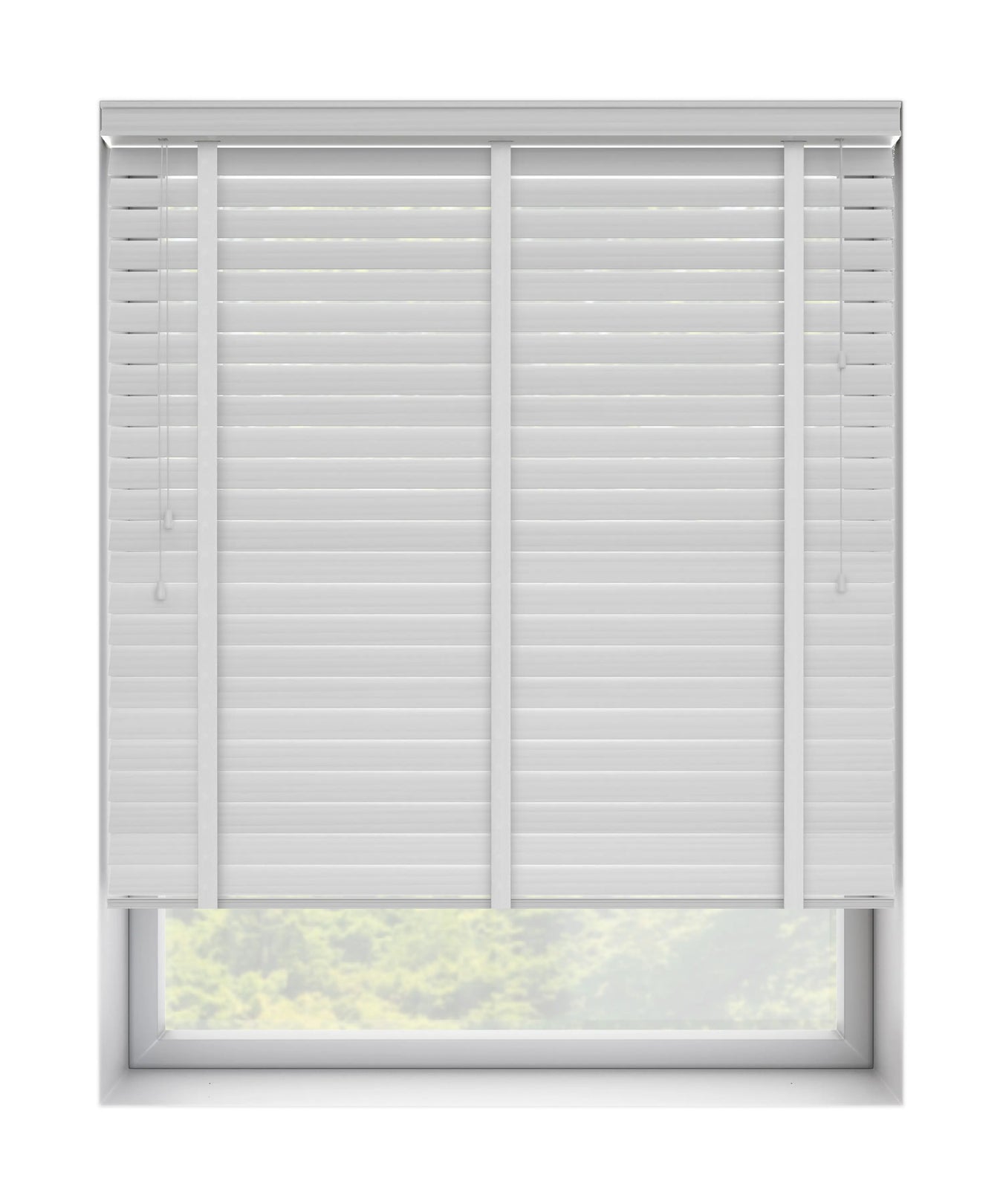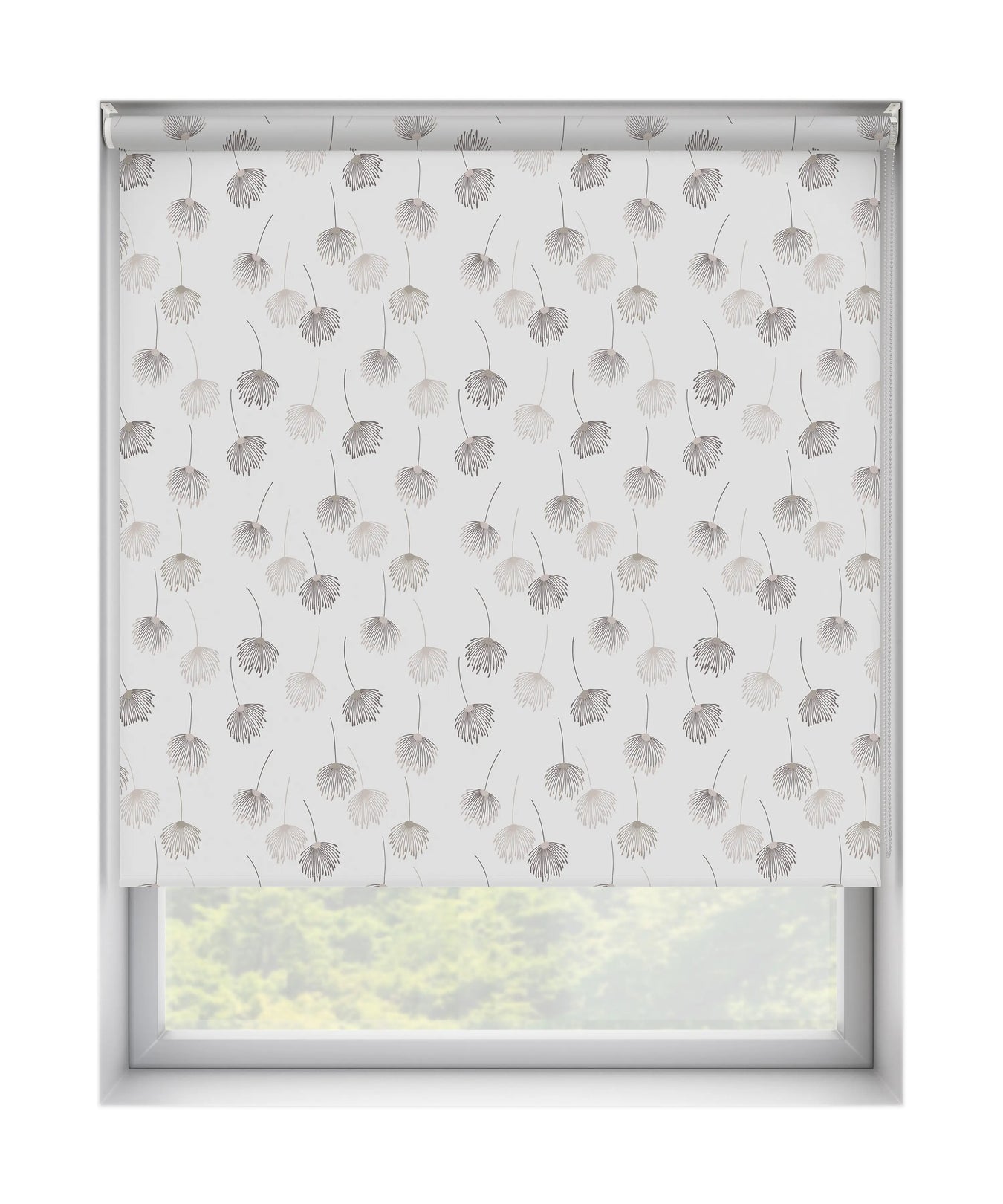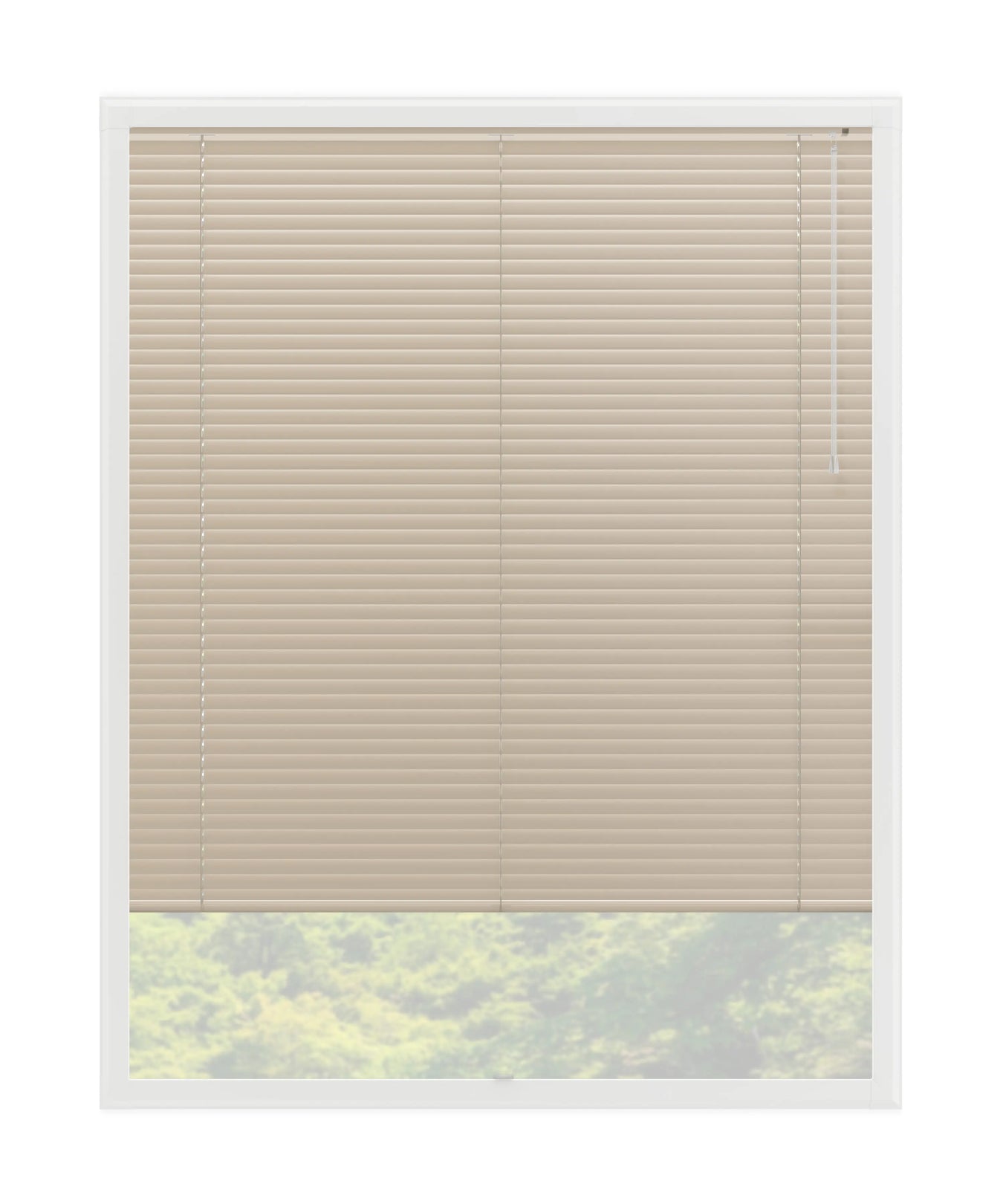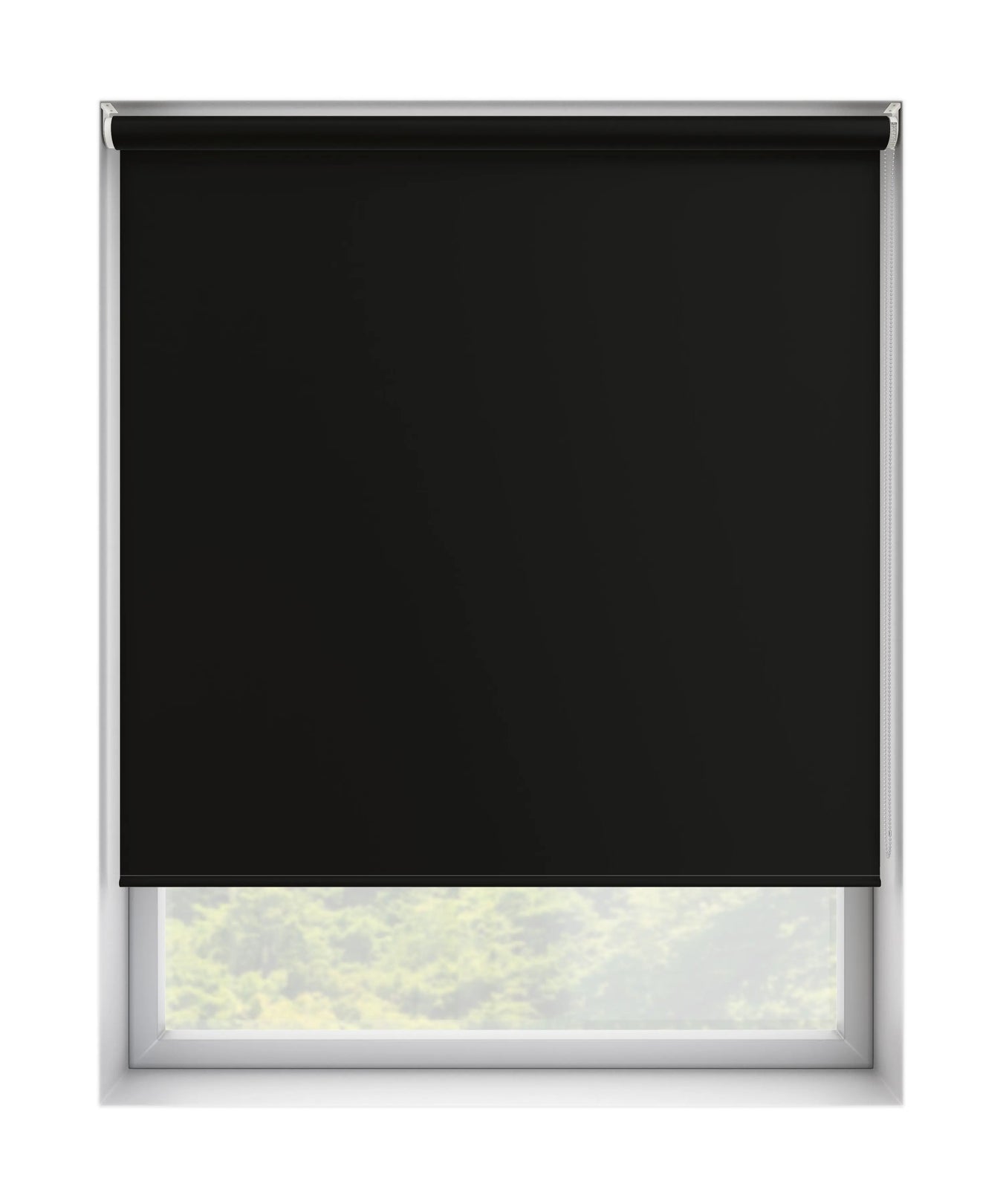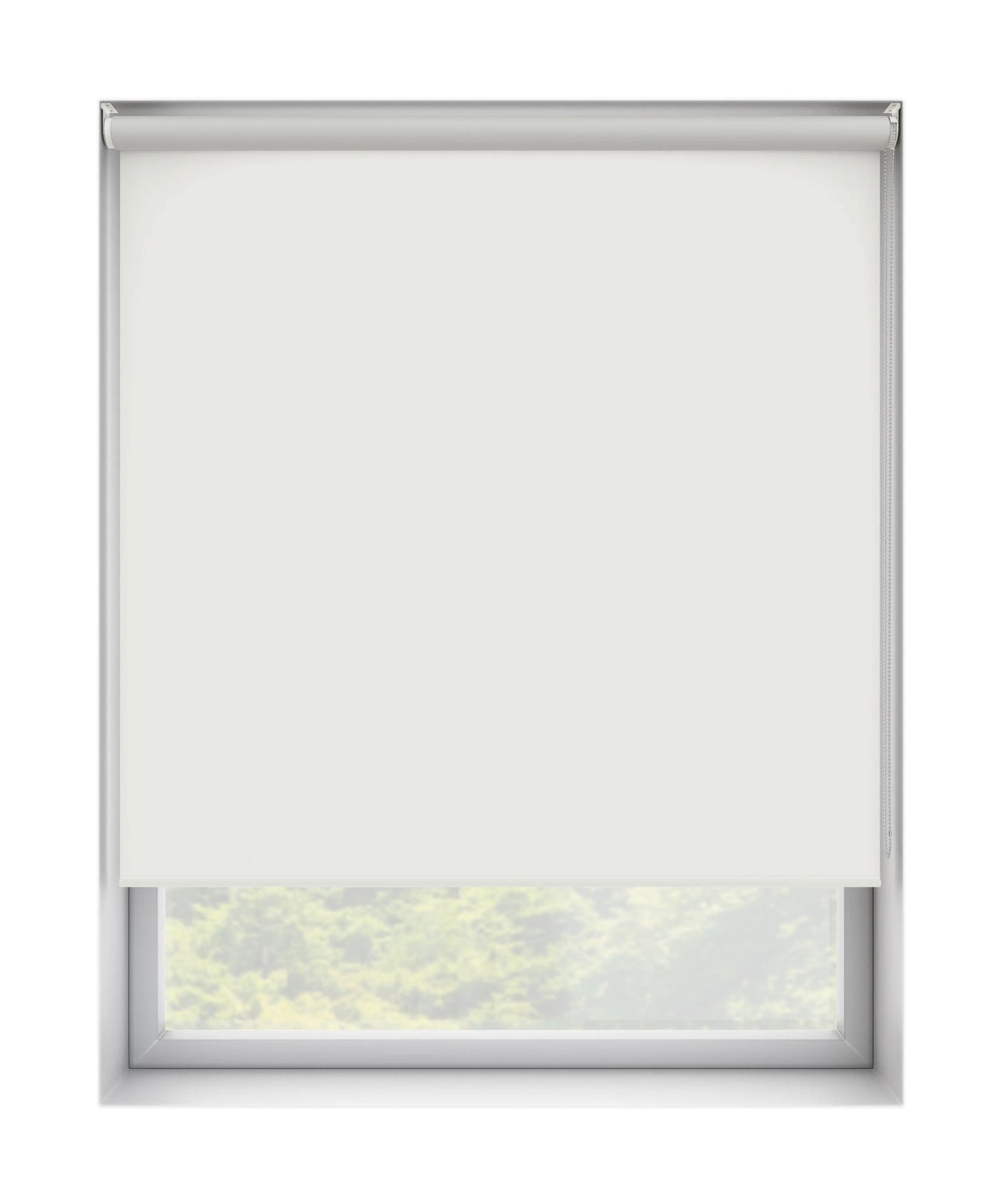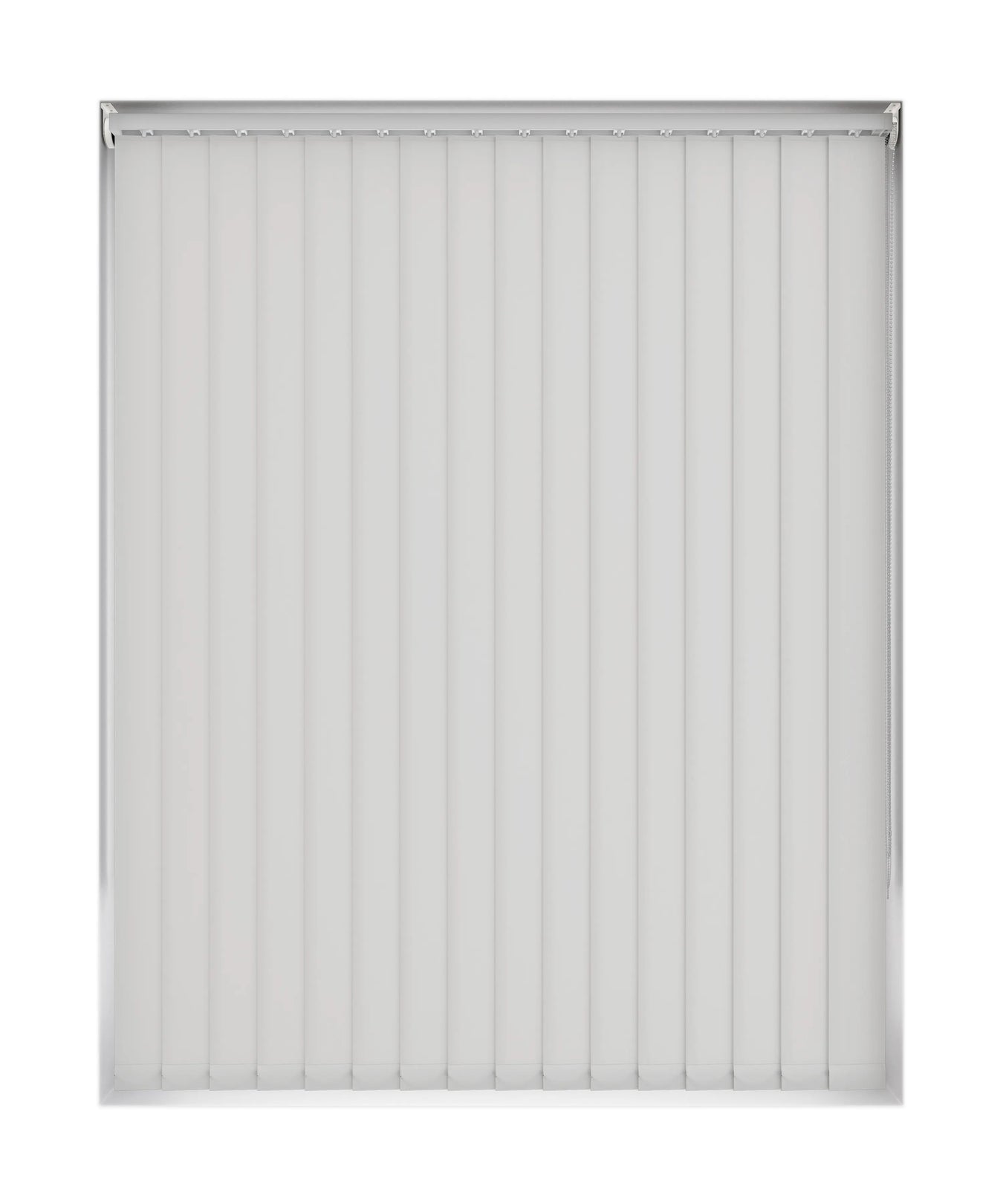
Do Blinds Increase Privacy When Turned Up or Down?
When it comes to privacy within our homes, window blinds can be a great asset. Whether you choose horizontal blinds or roller blinds, the way you position them can have a great impact on the level of privacy you experience. If you turn your blinds up, you'll have more control over the amount of light that comes in, but less material to keep warm air in and cold air out. On the other hand, if you turn your blinds down, you'll have more warmth, but less control over the amount of natural light.
The position you choose for your blinds can also affect the amount of radiant energy and UV rays that enter your home. If you turn them up, you'll have more light, but you'll also have a higher risk of UV damage. However, if you turn them down, you'll have less light but you'll also have more protection from the sun's rays. It all depends on your personal preference and how much light and warmth you need.
When it comes to the blinds themselves, blind slats can also affect the level of privacy you experience. The convex side of the slats will allow more light to come in, while the concave side will provide more privacy.
Finally, when it comes to maximum privacy, turning your blinds downwards in the "down position" can give you the most control over the light and warmth in your room. This position will also keep the sun's UV rays and radiant energy out, making your room cooler and more aesthetically pleasing.
Ultimately, when it comes to privacy, the decision of whether to turn your blinds up or down depends on your personal preference and how much light and warmth you need. Whether you choose roller blinds or venetian blinds, faux wood blinds or real wood blinds, the position you choose will have a great impact on the level of privacy you experience.
Best Blinds for Privacy
When it comes to privacy, blinds can be a great solution. Wooden venetian blinds are a popular option, as they can be easily adjusted to let in more or less natural light. Depending on the position, these blinds can provide more or less privacy. When they are in the up position, they can block out most of the light, providing maximum privacy. However, when they are turned down, there are larger gaps between the slats, which means less privacy.
For those who want more control over the amount of light and privacy, faux wood blinds and real wood blinds are great options. These blinds allow you to adjust the angle of the blinds facing the window, which can provide more or less privacy depending on personal preference. However, when the blinds are turned up, they can block out more light and provide more privacy.
When it comes to the window frame, it can also affect how much light and privacy the blinds provide. If the blinds are facing the convex side of the window frame, they can provide more light and less privacy. On the other hand, if they are facing the concave side, they can provide more privacy but less light.
When it comes to the amount of heat, light, and privacy that blinds provide, it really depends on the position of the blinds. If the blinds are turned downwards, they can provide more light and less privacy. However, if they are in the up position, they can provide more privacy but less light. Additionally, the up position can also keep out UV rays and radiant energy, making the room cooler and more aesthetically pleasing.
When it comes to blinds, it really comes down to personal preference and the amount of light, privacy, and warmth that you want in your space. For maximum privacy, turn your blinds up. For more light, turn them down. And for more control, opt for faux wood or real wood venetian blinds with slats that can be adjusted.
-
The Minimalist Faux Wood 50mm
Original price £0.00 - Original price £260.42Original pricefrom £47.95£260.42Current price from £47.9545% OffDesign The Minimalist Colour White Composition UPVC Controls Tilt Left - Raise Right Features Moisture Resistant Min Width ...
View full details -
Wonderful in White Real Wood 50mm
Original price £0.00 - Original price £308.30Original pricefrom £56.53£308.30Current price from £56.5345% OffDesign Wonderful in White Colour White Composition Basswood Controls Tilt Left - Raise Right Min Width 30cm Min Drop 20cm ...
View full details -
Simply White Faux Wood 50mm Taped
Original price £0.00 - Original price £303.72Original pricefrom £59.27£303.72Current price from £59.2745% OffDesign Simply White Colour White With White Tapes Composition UPVC Controls Tilt Left - Raise Right Features Moisture Resistant...
View full details
Benefits of Wooden Blinds
Wooden blinds are timeless and aesthetically pleasing window blinds that can provide many benefits to your home. They are a great way to control the amount of light entering your home while also providing a layer of privacy. Wooden blinds come in a variety of styles, from horizontal blinds to venetian blinds, and can be easily adjusted with the turn of a wand to give you more or less light control.
Not only do wooden blinds give you more privacy when turned up, but they can also help regulate the temperature in your home. During the summer months, turning your blinds to the downwards position can help keep the room cooler by reflecting the sun’s rays away from the window frame. In the winter, the warm air from inside your home can be kept in and the colder air from outside can be kept out due to the blinds providing an extra layer of insulation.
Wooden blinds can also provide more control over the amount of light entering your home. Depending on your personal preference, you can turn your blinds to the up position to let in more light or turn them to the down position to give you more privacy and better light control. The blinds also provide UV protection, which can help prevent the sun’s harmful rays from entering your home.
Wooden blinds are also a great way to make the most out of your window space. The blind slats can be adjusted to take up less space in the window frame, or larger gaps can be left between the slats to let in more light.
The benefits of wooden blinds are numerous and can help you control the amount of light, privacy, and warmth in your home. Whether you prefer the blinds facing upwards for more light, or downwards for maximum privacy, wooden blinds are a great way to get the most out of your window blinds.
Should Wooden Blinds Be Turned Up or Down for Privacy?
Privacy is a major concern for many homeowners. Wooden blinds are a great way to achieve privacy in your home, but should they be turned up or down for maximum privacy?
When it comes to blinds, there are two main positions to consider: up or down. The up position allows for more light control and natural light to enter the room, while the down position provides more privacy and can help keep the room cooler. When blinds are turned up, the slats face the window frame, allowing for more light to enter the room. This is great for those who want more light and warmth in their home. However, when blinds are turned down, the slats are facing away from the window frame, which provides more privacy and better light control.
The type of blinds you have also plays a role in which position is best for privacy. Faux wood blinds, for example, have an unfinished edge when turned up, which can create larger gaps between the slats. Venetian blinds, on the other hand, have a convex and concave side, which can provide maximum privacy when turned downwards.
Ultimately, the decision of whether to turn your blinds up or down depends on personal preference and the type of blinds you have. Turning your blinds down provides more privacy while turning them up allows for more light and warmth in the room. However, turning your blinds down can also help protect against UV rays and keep the room cooler.
Pros of Turning Blinds Up:
- More light and warmth in the room
- Better natural light
- Aesthetically pleasing
Pros of Turning Blinds Down:
- More privacy
- Better light control
- UV protection and a cooler room
In the end, it's up to you to decide which position works best for your home.
-
The Minimalist Faux Wood 50mm
Original price £0.00 - Original price £260.42Original pricefrom £47.95£260.42Current price from £47.9545% OffDesign The Minimalist Colour White Composition UPVC Controls Tilt Left - Raise Right Features Moisture Resistant Min Width ...
View full details -
Simply White Faux Wood 50mm Taped
Original price £0.00 - Original price £303.72Original pricefrom £59.27£303.72Current price from £59.2745% OffDesign Simply White Colour White With White Tapes Composition UPVC Controls Tilt Left - Raise Right Features Moisture Resistant...
View full details -
The Natural Light Faux Wood 50mm
Original price £0.00 - Original price £210.79Original pricefrom £47.95£210.79Current price from £47.9545% OffDesign The Natural Light Colour Light Brown Composition UPVC Controls Tilt Left - Raise Right Features Moisture Resistant Mi...
View full details

